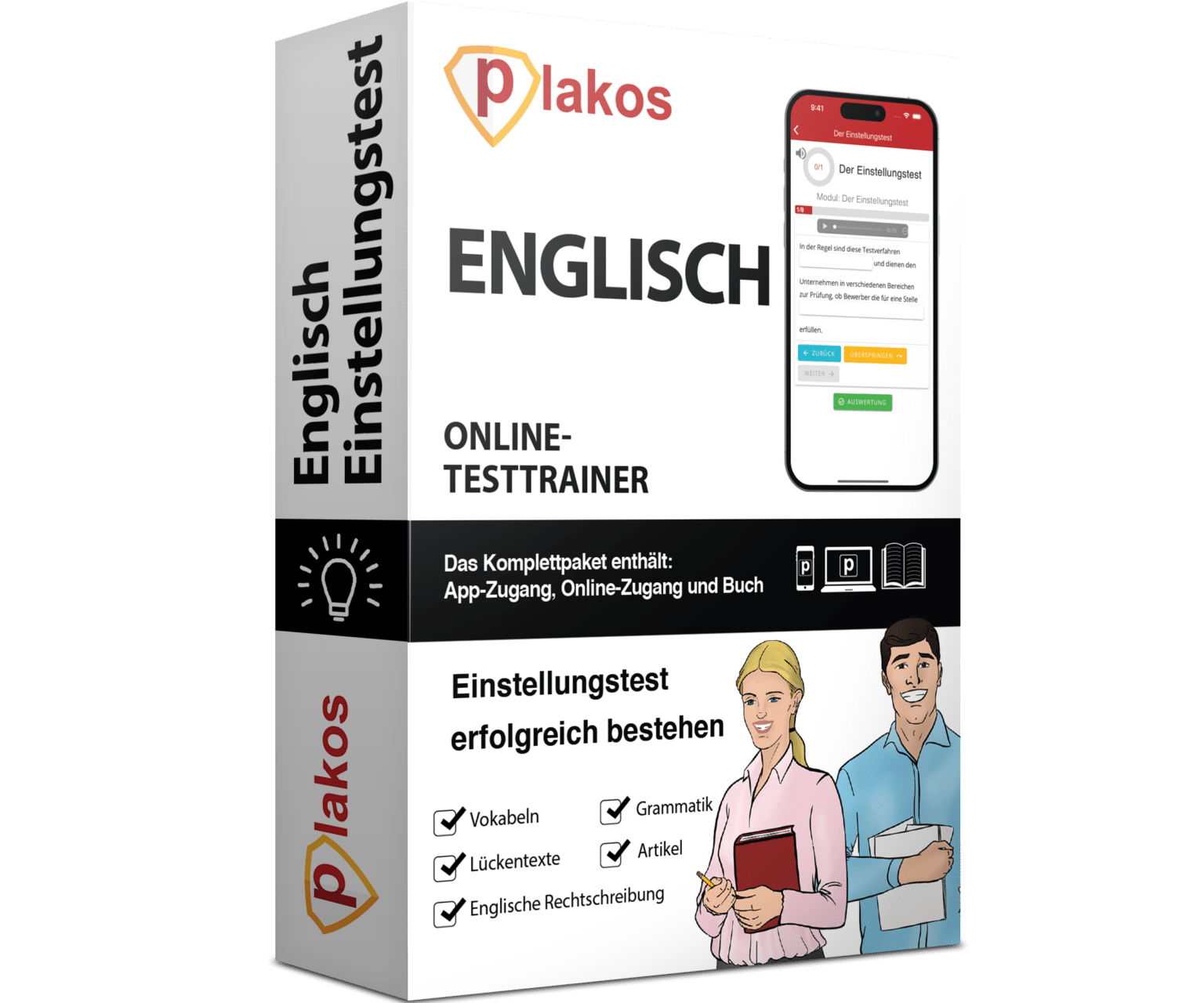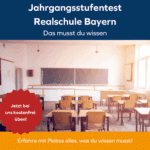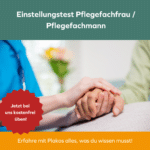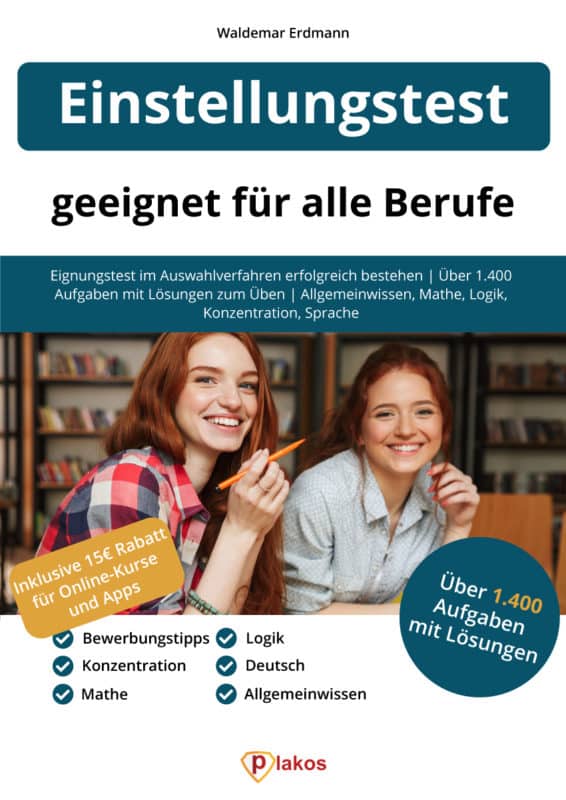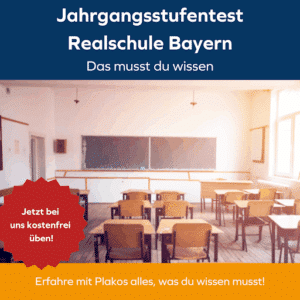Mit dem online Einstufungstest Englisch kannst du deine eigenen Sprachkenntnisse auf die Probe stellen und herausfinden, auf welchem Niveau du dich aktuell befindest. Oftmals wird die Einstufung der Sprachkenntnisse nach dem Europäischen Referenzrahmen vorgenommen.
Warum wir diesen Online-Einstufungstest anbieten
Viele Hochschulen erwarten als Zulassungsvoraussetzung von den Studieninteressierten das Bestehen eines anerkannten Sprachtests, wie den TOEFL oder den IELTS. Leider sind die genannten Sprachtests nicht gerade günstig: man sollte mit Kosten von ca. 150 bis 200 EUR für das Ablegen der Prüfung kalkulieren.
Zusätzlich kommen nicht selten Sprachkurs-Kosten hinzu. Viele Hochschulen und Volkshochschulen bieten allerdings kostenfreie bzw. kostengünstige Sprachkurse als Wahlpflichtfächer an. Die Kosten für den TOEFL / IELTS Test bleiben jedoch bestehen. Mehr über die Kosten erfährst du auf unserer TOEFL/IELTS Seite.
Bleibt die Frage: Was tun beispielsweise Studieninteressierte, wenn sie wissen wollen, ob sie eine Englisch Sprachprüfung für das B1, B2 oder C1 Niveau bestehen würden? Sie machen einen kostenlosen online Einstufungstest.
Mögliche Aufgaben im Einstufungstest Englisch
Alle Englisch Einstufungstests sind meist vierteilig aufgebaut, so dass die Lesefähigkeit (Reading), Hörverständnis (Listening), Sprachfertigkeiten (Speaking) und Schreibfertigkeiten (Writing) getestet werden.
Einstufungstest Englisch: Ergebnis und Tabelle
Die folgende Tabelle hilft dir zu verstehen, welche Prozentzahl bzw. TOEFL Punktzahl du erreichen musst, um ein bestimmtes Sprachniveau nach dem GER (Gemeinsamen Europäischen Referenzrahmen) nachzuweisen:
| Einstufungstest | TOEFL | GER Niveau / Level |
| 47 – 71 Prozent | 57-86 | B1 – (Selbstständige Sprachverwendung Mittelstufe) – Kann die Hauptpunkte verstehen, wenn klare Standardsprache verwendet wird und wenn es um vertraute Dinge aus Arbeit, Schule, Freizeit usw. geht. |
| 72 – 91 Prozent | 87-109 | B2 – (Selbstständige Sprachverwendung gute Mittelstufe) – Kann die Hauptinhalte komplexer Texte zu konkreten und abstrakten Themen verstehen; versteht im eigenen Spezialgebiet auch Fachdiskussionen. Kann sich so spontan und fließend verständigen, dass ein normales Gespräch mit Muttersprachlern ohne größere Anstrengung auf beiden Seiten gut möglich ist. |
| 92 – 100 Prozent | 110-120 | C1 – (Kompetente Sprachverwendung – fortgeschrittene Kenntnisse) – Kann ein breites Spektrum anspruchsvoller, längerer Texte verstehen und auch implizite Bedeutungen erfassen. Kann sich spontan und fließend ausdrücken, ohne öfter deutlich erkennbar nach Worten suchen zu müssen. |
Englisch Einstufungstest – 100 Fragen
Teil 1: Grammatik – Zeiten, Satzbau, Verben
- She ___ to the gym every Monday
a) go b) goes c) went d) is go - I ___ my homework when the phone rang
a) do b) did c) was doing d) have done - They ___ already eaten
a) has b) have c) had d) having - If it ___ tomorrow, we’ll cancel the trip
a) rains b) will rain c) rained d) rain - I wish I ___ more time
a) have b) had c) would have d) will have - She ___ in London since 2018
a) live b) lived c) is living d) has lived - By this time next year, I ___ my degree
a) finish b) will have finished c) will finish d) have finished - He said he ___ be late
a) would b) will c) shall d) must - I ___ to Paris before
a) was b) have been c) will be d) had gone - While I ___ TV, the doorbell rang
a) watched b) was watching c) am watching d) had watched
Teil 2: Wortschatz und Redewendungen
- I was absolutely ___ when I heard the news
a) amazed b) amazing c) amaze d) amazement - She has a good ___ of humor
a) feeling b) sense c) way d) idea - He passed the exam with ___ colors
a) full b) flying c) bright d) golden - The ___ of the book was disappointing
a) end b) finish c) ending d) close - Let’s ___ it a day
a) take b) call c) make d) end - They were ___ after walking for hours
a) exhausting b) exhausted c) exhaustion d) exhaust - I don’t ___ to interrupt, but may I say something
a) want b) intend c) mean d) wish - It was raining, ___ we stayed inside
a) so b) but c) or d) because - The opposite of “increase” is
a) grow b) expand c) rise d) decrease - She works ___ a nurse
a) like b) as c) for d) in
Teil 3: Leseverständnis
Lesetext:
Many people dream of working abroad. Experiencing new cultures, improving language skills, and advancing one’s career are some of the main motivations. However, there are also challenges, such as cultural differences and homesickness.
- Why do people want to work abroad
a) To avoid their home country
b) To improve cooking skills
c) To explore new cultures
d) To retire early - What is one challenge mentioned in the text
a) Low salary
b) Language barriers
c) Homesickness
d) Weather - “Advancing one’s career” means
a) Starting a business
b) Getting a better job
c) Travelling for fun
d) Moving home
Teil 4: Lückentexte und Sprachlogik
- He didn’t come to the party, ___ he
a) did b) doesn’t c) was d) didn’t - I’m not very good ___ cooking
a) at b) for c) in d) with - ___ you ever been to New York
a) Were b) Did c) Have d) Do - She prefers tea ___ coffee
a) than b) to c) over d) of - That’s the woman ___ dog bit me
a) which b) whose c) who d) whom - I was so tired that I fell asleep ___ the film
a) during b) while c) for d) by - This is the best movie I ___ seen
a) was b) had c) have d) did
Teil 5: Hörverstehen (schriftlich simuliert)
Text:
This is the 8am weather report. Today will be mostly sunny with a high of 24 degrees. Expect light showers in the evening.
- What is the weather like in the morning
a) Rainy b) Sunny c) Stormy d) Windy - What temperature is expected
a) 14 b) 24 c) 34 d) 20 - What might happen in the evening
a) Fog b) Heavy snow c) Showers d) Sunshine
Teil 6: Grammatik und Vokabeln gemischt
- Choose the correct plural of child
a) childs b) childrens c) children d) childes - He is married ___ a doctor
a) with b) for c) to d) at - What’s the past tense of teach
a) teached b) taught c) teachen d) techt - A synonym for happy is
a) sad b) joyful c) angry d) worried - What is the comparative form of good
a) more good b) best c) better d) gooder - What is the opposite of cheap
a) large b) heavy c) expensive d) far - He ___ his keys yesterday
a) lose b) loses c) lost d) has lost - They ___ in London last year
a) live b) lived c) are living d) had lived - She speaks English ___
a) fluent b) fluency c) fluently d) fluention - Translate: Ich habe Hunger
a) I have hungry
b) I am hungry
c) I feel hunger
d) I want eat - Would you like ___ coffee
a) any b) many c) some d) no - They ___ TV now
a) watch b) are watching c) watches d) have watched - Which word is a noun
a) quickly b) beautiful c) idea d) run - Which word is an adjective
a) read b) beautiful c) book d) apple - Translate: Das ist mein Buch
a) This is my book
b) That is your book
c) This book is for me
d) That is the book - She sings ___ than me
a) gooder b) better c) best d) nicely - Do you have ___ questions
a) some b) any c) few d) much - I enjoy ___ to music
a) listen b) listening c) listened d) to listen - He’s ___ than his brother
a) tall b) tallest c) taller d) more tall - She ___ in Berlin now
a) lives b) live c) is living d) lived - My favorite subject ___ English
a) is b) are c) be d) am - We ___ to school every day
a) goes b) go c) gone d) going - I have two ___
a) foots b) feet c) feets d) foot - He ___ a sandwich at the moment
a) eat b) is eating c) eats d) ate - What is the capital of the UK
a) London b) Paris c) New York d) Berlin - Translate: Wie spät ist es
a) What is time
b) When is now
c) What time is it
d) How much clock - The cat is ___ the table
a) on b) in c) at d) over - I was born ___ 1990
a) in b) on c) at d) from - I have never ___ sushi
a) eat b) ate c) eaten d) eating - How ___ apples do you want
a) many b) much c) more d) any - He ___ drive a car
a) cans b) can c) is can d) coulds - The sun ___ in the east
a) rise b) rises c) rose d) rising - This book is ___ than the other
a) interesting b) more interesting c) interestinger d) most interesting - I have worked here ___ five years
a) since b) for c) from d) during - They ___ a movie last night
a) watch b) watched c) are watching d) have watched - He ___ his homework before dinner
a) finishes b) finished c) has finished d) had finished - I ___ to London last summer
a) go b) gone c) went d) have gone - ___ you help me, please
a) Must b) Should c) Could d) Might - This is ___ best cake I’ve ever had
a) a b) the c) an d) some - The opposite of strong is
a) heavy b) light c) weak d) soft - He always ___ early
a) arrives b) arrive c) is arrive d) arriving - We ___ a party next weekend
a) have b) are having c) has d) had - I don’t have ___ money
a) many b) any c) much d) none - How ___ is it from here to Berlin
a) long b) far c) much d) wide - What ___ you doing
a) is b) are c) do d) did - Let’s ___ for a walk
a) go b) to go c) going d) went - They were born ___ June
a) in b) on c) at d) from - I’ve lived here ___ 2015
a) for b) since c) during d) by - You ___ be tired after such a long day
a) must b) can c) should d) need - I’m looking ___ my keys
a) for b) at c) on d) to - He ___ football every weekend
a) play b) is playing c) plays d) played - How ___ do you eat out
a) many b) often c) much d) always - There is ___ milk in the fridge
a) a b) any c) some d) many - I ___ to finish this by Monday
a) needs b) need c) needing d) needed - He is ___ actor I told you about
a) the b) a c) an d) this - You can ___ the bus or the train
a) take b) makes c) bring d) do - Do you know where she ___
a) live b) lives c) is live d) living - The exam was ___ difficult than I thought
a) more b) most c) very d) so - We arrived ___ time
a) at b) in c) on d) by - Would you like ___ tea
a) some b) many c) few d) any - They ___ not here yesterday
a) was b) is c) were d) are - What’s the opposite of quiet
a) soft b) fast c) noisy d) slow - He speaks ___ than me
a) good b) well c) better d) best - I’m interested ___ history
a) of b) for c) in d) at - Let’s meet ___ the cafe
a) on b) at c) in d) from - ___ you like to join us
a) Would b) Should c) Must d) Could - That’s the boy ___ won the prize
a) which b) whose c) who d) whom



